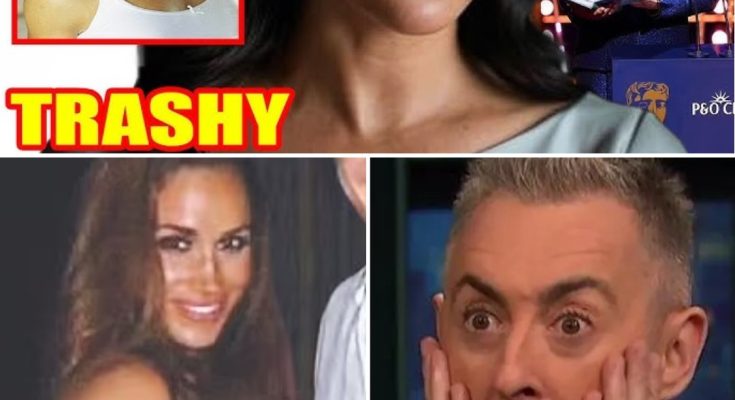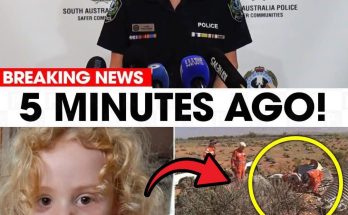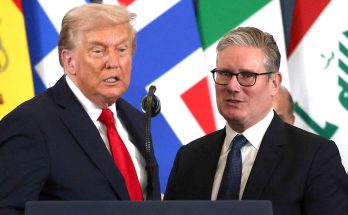The BAFTA TV Awards, known for their celebration of British television excellence, quietly became the setting for a subtle yet significant drama involving Meghan Markle, the Duchess of Sussex.

Behind the glamour and prestige of the event, a rejection unfolded that sent ripples through British high society. According to sources closely tied to the production, the incident stemmed from what appeared to be a calculated effort by Meghan to reassert her perceived status in the UK—a move that ultimately backfired in dramatic fashion.
In the weeks leading up to the ceremony, Meghan’s team, reportedly under her direct instruction, reached out to the BAFTA committee with a two-part request. First, they sought an invitation for the Duchess to attend. More importantly, they insisted she be formally acknowledged by her royal title—Her Royal Highness The Duchess of Sussex. This demand quickly raised concerns among organizers, given the increasingly tense relationship between the British establishment and the Sussexes following their departure from royal duties.
One key figure, Scottish actor and BAFTA co-host Ender Allen, known for his disdain for elitism and performative prestige, was particularly unimpressed. Sources claim he swiftly rejected the request, viewing the insistence on royal recognition as both unnecessary and self-serving. In his view, the BAFTAs were a celebration of artistic merit, not a forum for royalty or outdated titles. A producer recounted Allen’s blunt response: “This is a television celebration, not a royal reunion.” His firm stance turned what might have been a quiet decline into a notable and symbolic rebuff.

For Meghan, the refusal struck a deeply personal chord. Those close to her described her as profoundly wounded, both emotionally and professionally. She had apparently seen the BAFTAs as a golden opportunity to begin repairing her strained public image in the UK, following a series of controversies, legal disputes, and damaged relationships. The ceremony, with its media exposure and prestige, seemed an ideal platform for a carefully crafted comeback.
Markle, having been absent from major British events for years, had been meticulously preparing for a return to the spotlight. Consultations with elite fashion designers and celebrity stylists had begun, sparking rumors of a dramatic red carpet appearance and curated interviews. She appeared to envision herself not as a polarizing figure, but as a respected cultural presence within Britain once again.
However, she seemed to misjudge the mood within the British entertainment industry, which had grown increasingly resistant to deferential treatment based on former royal status. The rejection, therefore, cut deeper than a professional setback—it was a direct blow to her self-image. The disparity between her perceived stature and the current reality became starkly apparent.
Though the denial was never formally acknowledged, it quickly became a topic of whispered discussion behind the scenes. One television writer, speaking anonymously, summed up the general feeling: “It was a frantic PR move, and she was treated like anyone else—only worse, because she expected to be treated better.” The fallout from the incident reportedly triggered a private outburst. Meghan, according to insiders, was furious and distraught, demanding answers from her team as to how such a “failure” could have occurred. She allegedly questioned why her influence and network hadn’t secured her the recognition she had anticipated.
The entire episode highlighted the growing gap between Meghan’s view of her own significance and the evolving attitudes of the British establishment, which seemed increasingly unmoved—if not openly resistant—to her attempts at reintegration. Rather than marking a triumphant return, her efforts culminated in a public and humiliating reminder of her diminished standing within a society that once embraced her.



